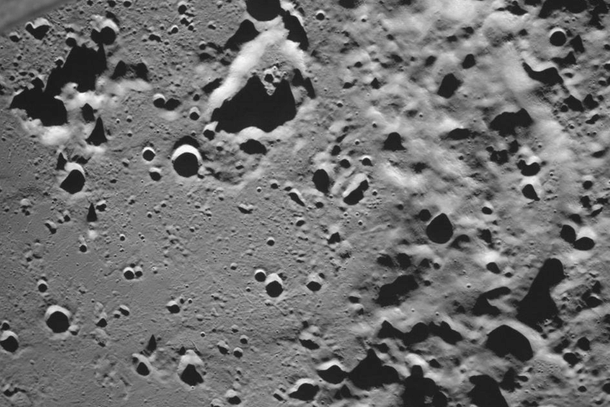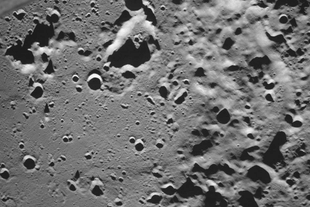Science
Russia's Luna-25 Spacecraft Faces Technical Glitch During Lunar Orbit Manoeuvre
Swarajya News Staff
Aug 20, 2023, 04:16 AM | Updated 04:21 AM IST
Save & read from anywhere!
Bookmark stories for easy access on any device or the Swarajya app.


An "emergency situation" occurred with Russia's Luna-25 spacecraft on Saturday (19 August) while it was preparing for its transfer to the pre-landing orbit, according to Roscosmos, Russia's national space agency.
Scheduled to land on the Moon's south pole on Monday (21 August), the Russian spacecraft is headed to explore a region that scientists believe may contain frozen water and valuable elements.
"During the operation, an emergency situation occurred on board the automatic station, which did not allow the maneuver to be performed with the specified parameters," Roscosmos said in a statement posted on Telegram, adding that "the management team is currently analyzing the situation." (The original statement is in Russian.)
Earlier, Roscosmos said it was analysing the initial findings from the Luna-25 mission.
The agency shared images captured by the spacecraft of the Zeeman crater on the moon. This crater, located in the southern hemisphere, is the third deepest in the region and measures 190 km in diameter with a depth of 8 km.
The data received by Roscosmos, the space agency said, has uncovered information into the chemical composition of the lunar soil. This information will aid in the operation of instruments designed to study the Moon's near-surface.
Additionally, in an interesting development, the equipment on Luna-25 registered "the event of a micrometeorite impact."
The Luna-25 successfully entered the Moon's orbit on Wednesday (16 August), marking the first Russian spacecraft to do so in over four decades.
It is designed to operate for a year on the Moon's south pole, where, in its craters, there are traces of frozen water.
The discovery of water on the Moon has far-reaching implications for space exploration, as it could potentially support longer human missions and pave the way for resource extraction.





